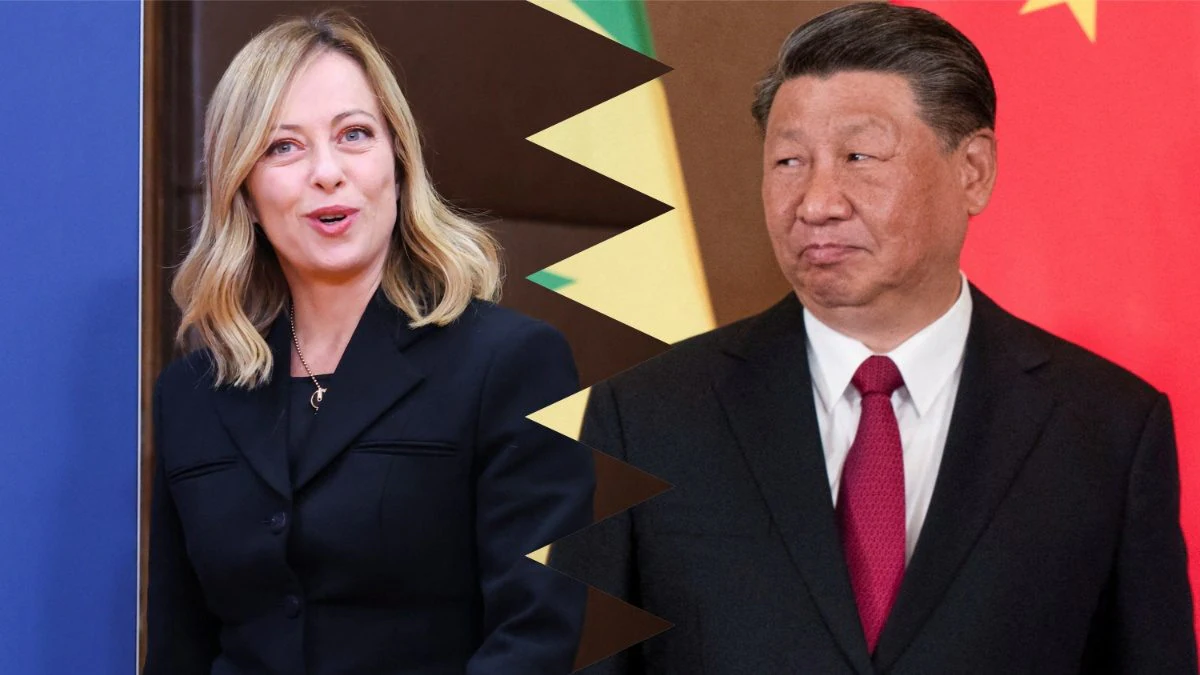Summary and Analysis:
What Happened?
During a recent press event, Donald Trump suggested using "economic force" to pressure Canada into becoming the 51st U.S. state. He criticized Canada’s trade practices and military spending, proposing substantial tariffs on Canadian imports as leverage to address what he called trade imbalances.

The remarks immediately triggered a strong response:
- Canadian Prime Minister Justin Trudeau firmly rejected the idea, calling it implausible and emphasizing Canada’s sovereignty. He dismissed the notion, saying there was "not a snowball's chance in hell" of Canada becoming part of the U.S.
- Canadian citizens and officials expressed outrage, viewing the comments as a direct affront to their national independence and sovereignty.
Analysis of Key Points
- Economic Leverage and Trade Relations
Trump’s proposal to use economic force highlights the interconnected trade relationship between the U.S. and Canada:- Interdependence: Canada is the largest trading partner of the U.S., with bilateral trade exceeding $700 billion annually. While tariffs or economic restrictions could harm Canada, they would also disrupt U.S. industries reliant on Canadian imports, such as energy, raw materials, and agriculture.
- Trade Tensions: The rhetoric risks destabilizing a robust trade partnership built on longstanding agreements like the USMCA (United States-Mexico-Canada Agreement).
- Sovereignty and National Identity
Canada has a strong sense of national pride and identity, rooted in its independence from colonial rule and its parliamentary democracy. The suggestion of annexation challenges this sovereignty and is politically unfeasible:- Trudeau’s emphatic rejection underscores the widespread resistance to any such move within Canada.
- This rhetoric could fuel nationalist sentiments in Canada and strain bilateral relations.
- Diplomatic and Global Implications
- Strained Relations: The proposal risks damaging the historically friendly U.S.-Canada relationship, which has been characterized by mutual respect and cooperation.
- International Backlash: The global community would likely view this as an aggressive and undemocratic move, further polarizing U.S. relations with its allies.
- Trump’s Broader Political Strategy
Trump’s comments could be seen as part of his broader strategy to appeal to his political base:- Populist Rhetoric: By framing Canada as economically unfair to the U.S., Trump taps into nationalist and protectionist sentiments.
- Attention-Grabbing Moves: Similar to his past statements about imposing tariffs on Mexico or renaming the Gulf of Mexico, this could be designed to dominate headlines rather than propose actionable policy.
Takeaways
- Trump’s remarks are likely more political theater than a genuine policy proposal, aiming to provoke controversy and energize his supporters.
- While economic pressure could create temporary disruptions, the idea of annexing Canada is politically and diplomatically untenable.
- The fallout from these remarks will likely include strained U.S.-Canada relations and criticism from the global community.
This development serves as a reminder of the complexities of international diplomacy and the potential consequences of using economic leverage as a tool for political posturing.


















